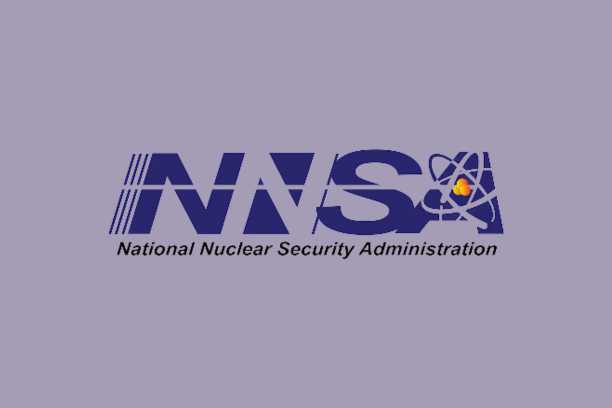
NNSA selects UT, Knoxville to lead one of two new consortia
The Enabling Capabilities in Technology Consortium includes 15 universities will partner with eight national laboratories.
The U.S. Department of Energy’s (DOE) National Nuclear Security Administration (NNSA), through its Office of Defense Nuclear Nonproliferation, has awarded $50 million in cooperative agreements to two university consortia to support the basic science that underlies its nuclear security and nonproliferation missions.
The two consortia – one led by the University of Tennessee, Knoxville (UTK) and the other by the Georgia Institute of Technology – will each receive up to $5 million per year for five years. These consortia link basic university research with applied laboratory research to advance technical capabilities in support of nuclear security and nonproliferation missions of NNSA, enabling an effective pipeline of talented next-generation experts to establish careers at DOE national laboratories.
The Enabling Capabilities in Technology Consortium, led by UTK, includes the Colorado School of Mines; Air Force Institute of Technology; Clemson University; University of California, Santa Barbara; University of Hawaiʻi; Louisiana State University; the Massachusetts Institute of Technology; North Carolina State University; the University of Oklahoma; Oregon State University; Texas A&M University; the University of Texas at San Antonio; University of Utah, and Virginia Polytechnic Institute and State University. These 15 universities will partner with eight national laboratories: Idaho National Laboratory; Lawrence Berkeley National Laboratory; Lawrence Livermore National Laboratory; Los Alamos National Laboratory; Oak Ridge National Laboratory; Pacific Northwest National Laboratory; Sandia National Laboratories; and Savannah River National Laboratory.
According to a UTK news release, the consortium’s main research thrusts are fundamental science in earth, environmental, atmospheric, and space science; radio and nuclear chemistry; and applied science and engineering in areas of nuclear chemical engineering, advanced nuclear fuel systems engineering, and reactor systems engineering. Connecting those thrusts are three cross-cutting areas: detection, characterization, and response methodologies and tools; data science for nuclear nonproliferation; and education and training. Education and training in the first thematic area will leverage UTK’s new bachelor’s degree in environmental engineering — the first such degree program in Tennessee.
The other group, known as the Consortium for Enabling Technologies and Innovation, is led by Georgia Tech and includes Abilene Christian University; Colorado School of Mines; the Massachusetts Institute of Technology; the Ohio State University; Rensselaer Polytechnic Institute; Stony Brook University; Texas A&M University; University of Alaska Fairbanks; the University of Texas at Austin; University of Wisconsin–Madison; and Virginia Commonwealth University. These 12 universities will partner with 12 national laboratories: Argonne National Laboratory; Brookhaven National Laboratory; Idaho National Laboratory; Lawrence Berkeley National Laboratory; Lawrence Livermore National Laboratory; Los Alamos National Laboratory; Nevada National Security Site; Oak Ridge National Laboratory; Pacific Northwest National Laboratory; Princeton Plasma Physics Laboratory; Sandia National Laboratories; and Savannah River National Laboratory.
Like what you've read?
Forward to a friend!

